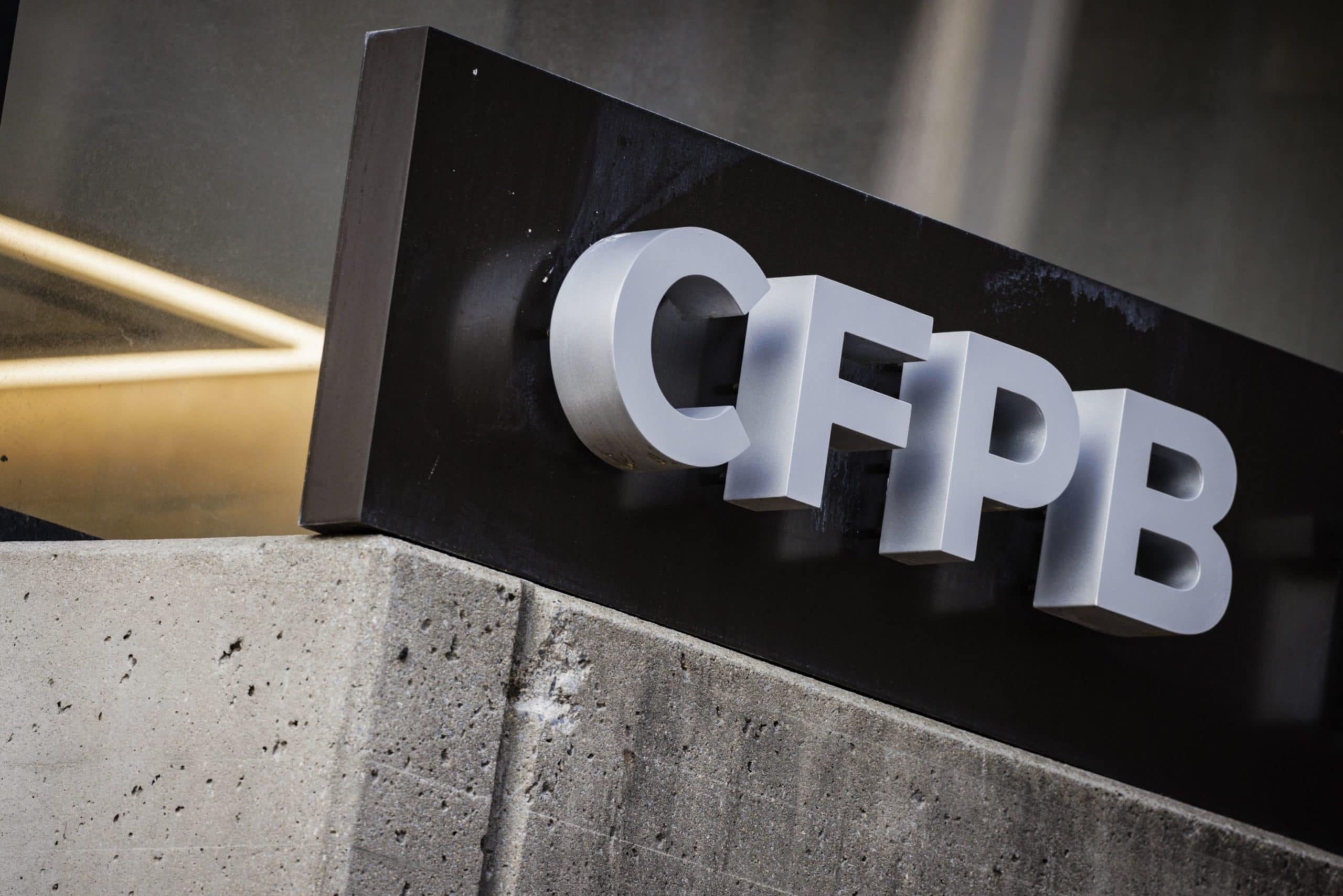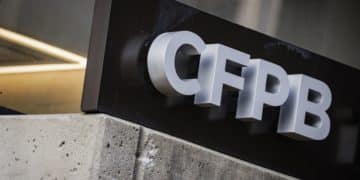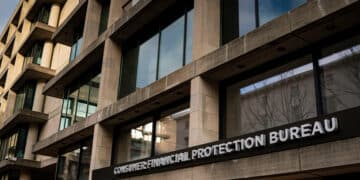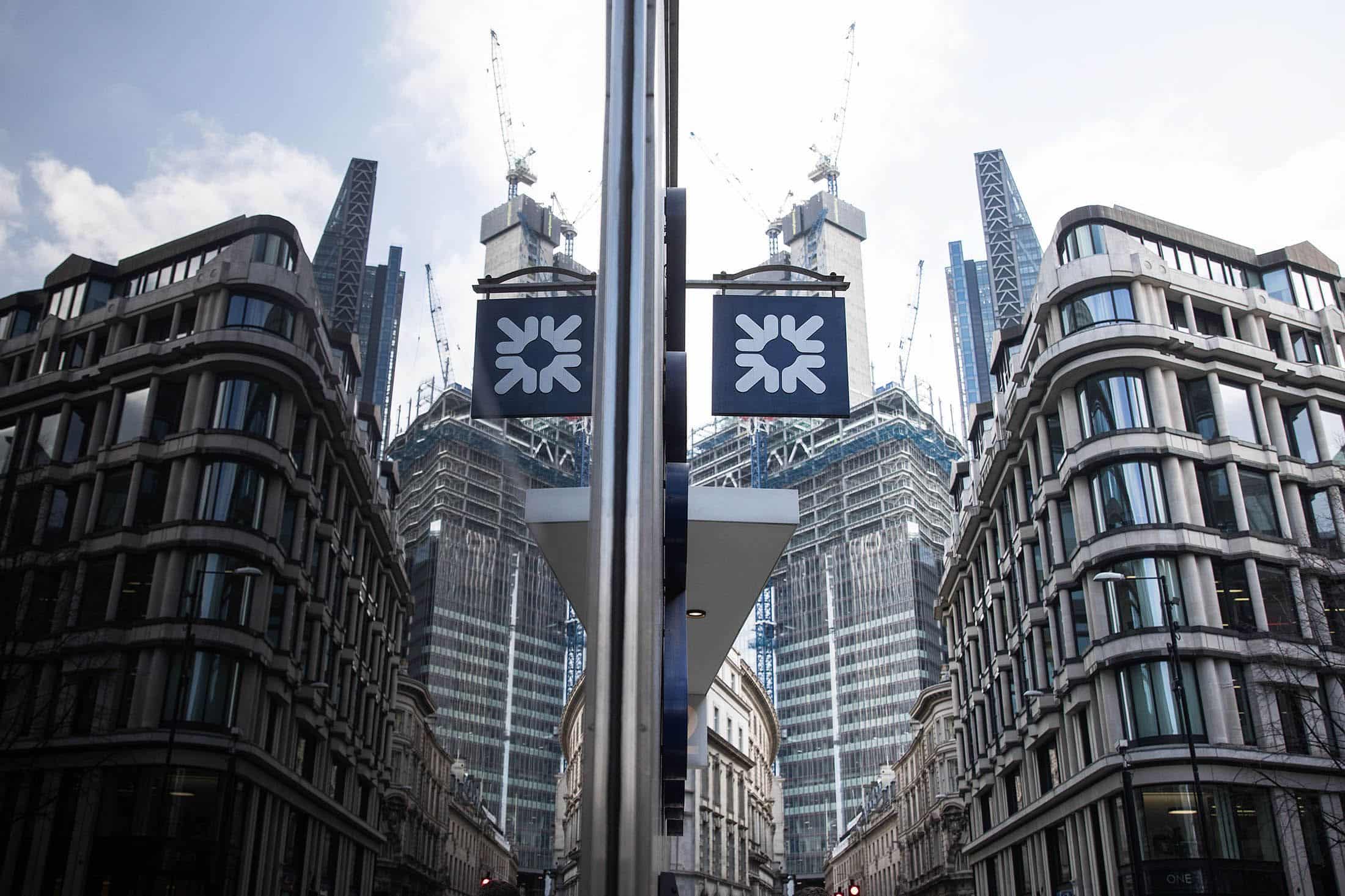CFPB: ‘Junk fees’ in auto servicing are unfair, deceptive
Continuing its aggressive push of investigating and regulating so-called junk fees charged by banks and financial companies, the Consumer Financial Protection Bureau (CFPB) recently issued a special edition of its Supervisory Highlights, which outlines such fees it uncovered in various industries, including auto servicing. According to the bureau, during various auto servicing examinations it uncovered numerous Unfair, deceptive, or abusive acts and practices (UDAAP) issues related to fees charged by auto servicing companies. These include:
- Overcharging late fees;
- Charging unauthorized late fees after repossession and acceleration of the contract;
- Charging estimated repossession fees that are much higher than average repossession costs; and
- Charging “unfair and abusive” payment fees.
Auto servicing companies should take note of these findings by the bureau as well as the redress ordered by the CFPB.

Overcharging late fees
According to the bureau, it uncovered numerous instances of servicers charging consumers late fees more than the amount authorized by the consumer’s contract. For instance, the CFPB noted that, in at least one instance, a servicer coded their system to reflect a systemwide late-fee amount of $25, even though many of the consumers’ contracts capped the late fee amount to 5% of the monthly payment amount.
While not clear how or why this would be considered a junk fee, the bureau nonetheless made clear that such acts were unfair and/or deceptive and that the companies involved were required to cease this practice and refund the late fee overcharges to all impacted consumers.
The takeaway: Auto servicing companies will want to ensure that any late fees they charge comply with the terms of the consumers’ contracts. A one-size-fits-all approach will not suffice.
Charging unauthorized late fees post-repossession and acceleration
Somewhat similarly, the bureau’s investigations also uncovered instances where a servicer charged a consumer a late fee even after the contract had been accelerated.
According to the bureau, once a contract was accelerated, “the entire remaining loan balance became immediately due and payable, thus terminating consumers’ contractual obligation to make further periodic payments and eliminating the servicers’ contractual right to charge late fees on such periodic payments.”
Despite this, the CFPB found instances where a servicer continued to charge late fees post-acceleration and consumers paid the fees to redeem the vehicle.
According to the bureau, this too could be considered unfair and/or deceptive. As a result of the bureau’s examinations, these companies agreed to cease this practice and refund the fees to consumers.
The takeaway: According to the CFPB, late fees post-repossession and acceleration are not permitted. As such, servicers should focus on ruling policies and procedures to ensure such fees are not added to the consumer’s balance once the contract has been accelerated and/or the vehicle has been repossessed.
Charging estimated repossession costs
The bureau also found that the practice of charging an estimated repossession cost significantly higher than the actual repossession cost to be an unfair act or practice, notwithstanding the servicer’s reimbursement of the excess amounts after receiving the invoice from the repossession agent.
While some might consider such a practice to be “no harm, no foul,” the bureau disagreed, noting: “For consumers who paid the amount demanded, deprivation of these funds for even a short period constituted substantial injury. Furthermore, some consumers may have been dissuaded from recovering their vehicles because the servicers represented that consumers must pay a $1,000 estimated repossession fee in addition to other amounts due.
“Some consumers may have been able to afford a $350 fee but not a $1,000 fee, and therefore did not pay and permanently lost access to their vehicles.”
The bureau’s supervising activities likewise required cessation of these actions and refunds to the impacted consumers.
The takeaway: Servicers should charge consumers for the actual amount of repossession costs incurred, not an estimated cost as even reimbursement of the difference might not suffice to avoid an action by the CFPB or a state attorney general. If a servicer’s practice is to charge consumers an estimated fee before repossession expenses are finalized, the servicer should consider periodically comparing actual and estimated fees and making adjustments so the two are proportional.
Unfair and abusive payment fees
Finally, the CFPB highlighted what it considered to be unfair and abusive payment fees in auto servicing, a practice that the CFPB has previously highlighted in other situations and industries. This is the practice of charging and profiting from payment processing fees that “far exceeded the servicer’s costs for processing payments after the consumer was locked into a relationship with a servicer chosen by the dealer.” The bureau also faulted servicers for only offering a handful of free payment options, noting that the consumer had no say in the payment methods offered (and was a captive user); nor could the consumer bargain over such fees or switch to a cheaper service provider. The bureau ordered the servicers to cease such practices.
The takeaway: Servicers should consider whether processing fees are proportional to the cost for processing such payments. They should also consider whether they have the consumer’s consent to charge such fees before doing so, and whether the consumer has been offered sufficient alternative (and free) payment options.
Jim Sandy is a Member (Partner) at McGlinchey, where he advises clients in cases involving federal and state regulatory matters, arbitrations, consumer complaints filed with the Consumer Financial Protection Bureau (CFPB) and state and federal lawsuits.
Kelly Lipinski is a Member (Partner) in McGlinchey’s Cleveland office. She practices in the firm’s Consumer Financial Services regulatory and compliance group.
Auto Finance Summit East, Auto Finance News’ new spring event, is set for May 10-12 at the JW Marriott Nashville featuring a fireside chat with Peter Muriungi, CEO of Chase Auto. Visit autofinance.live.






